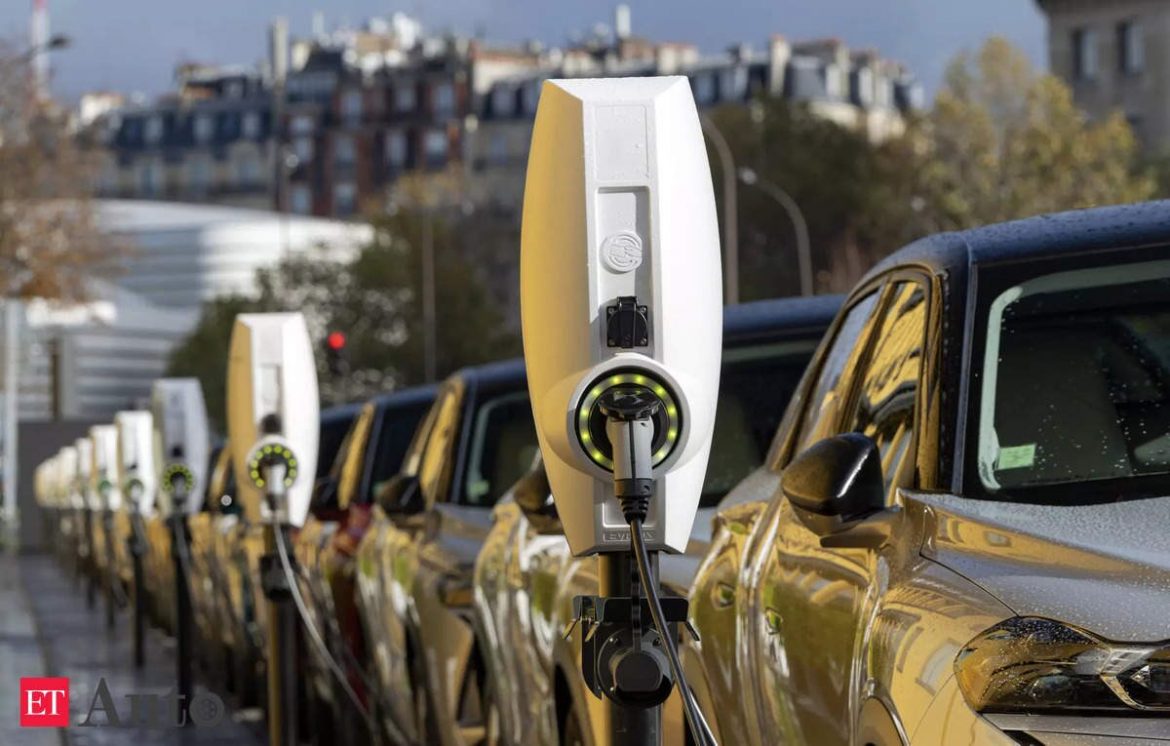Australia on Wednesday annouced the introduction of new standards that target vehicle emissions in order to boost the uptake of electric cars, as it looks to catch up with other developed economies.
Lasy year, only 3.8% of cars sold in Australia were electric, putting it well behind other developed economies such as Britain and Europe, where electric cars made up 15% and 17% of sales, respectively.
Energy Minister Chris Bowen said in a news conference that the new national electric vehicle strategy would introduce a fuel efficiency standard that will outline how much carbon dioxide a car will produce when running.
“Fuel-efficient and electric vehicles are cleaner and cheaper to run – today’s announcement is a win-win for motorists,” Bowen was quoted as saying in a statement, adding that details would be finalised in the coming months.
Besides Russia, Australia was the only developed country to either not have or be developing fuel efficiency standards, which encourage manufacturers to supply more electric and no-emission vehicles.
Read also: EU lawmakers support ban on goods linked to deforestation
Transport is the third largest source of carbon emissions in Australia, making it one of the world’s biggest emitters on a per capita basis. The initiative will help cut the country’s emissions by at least 3 million tonnes of carbon by 2030, and over 10 million tonnes by 2035, Bowen said.
The Electric Vehicle Council (EVC) welcomed the move but said Australia must bring in strong standards or “remain the world’s dumping ground for dated, high-emission vehicles,” chief executive Behyad Jafari said.
New cars in Australia use 40% more fuel than the European Union and 20% more than the United States on average, and studies show the introduction of a fuel efficiency standard could save motorists A$519 ($349) per year, Bowen said.
Greens party leader Adam Bandt said the government’s strategy needs to accelerate and needs electric vehicle targets as well as the fuel efficiency standards.
Story was adapted from Reuters.
